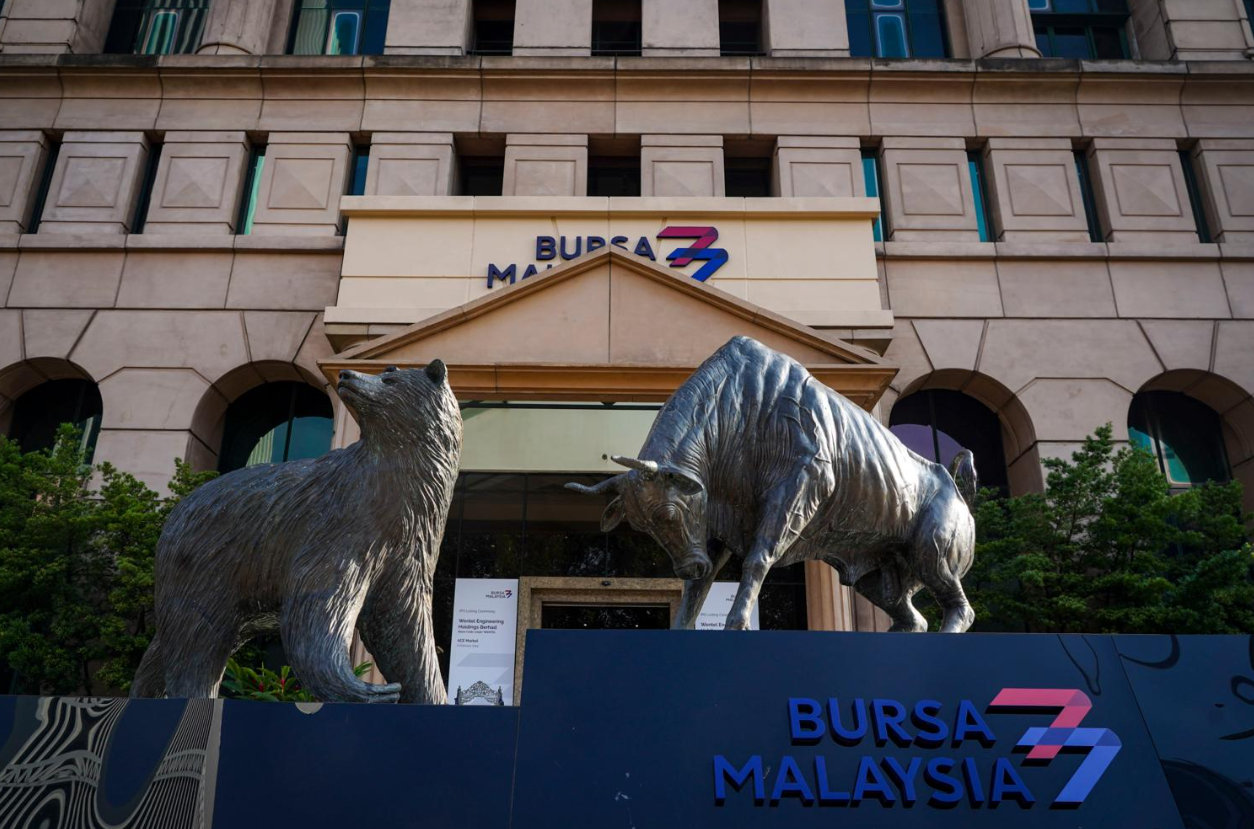In the wake of the recent Bitcoin halving, which cut the reward for mining by 50%, CoinShares has released a report suggesting that crypto miners may increasingly turn to artificial intelligence (AI) for higher revenue opportunities. The report, published on Friday, highlights a potential shift in the mining industry’s focus towards AI in energy-secure locations.
The Halving Impact on Bitcoin Mining
The Bitcoin halving, a scheduled event that occurs approximately every four years, reduces the rate at which new bitcoins are generated by half. This event is significant for miners as it directly impacts their earnings by reducing the block reward.
- Increased Costs: The halving has nearly doubled the electricity and overall production costs for miners. Prior to the halving, the weighted average cash cost of production was about $29,500 per bitcoin, which is now expected to rise to approximately $53,000.
- Electricity Costs: The average cost of electricity per bitcoin has risen from about $16,300 to an estimated $34,900 post-halving.
Transition to Artificial Intelligence
Several mining companies are already generating income from AI, indicating a growing trend within the industry. Companies like BitDigital, Hive, and Hut 8 have incorporated AI into their operations, while TeraWulf and Core Scientific have existing operations or are planning expansions in the AI sector.
- Diversification: By integrating AI, mining companies can diversify their revenue streams and reduce dependency on bitcoin mining.
- Optimal Use of Resources: AI can be deployed in energy-secure locations, making efficient use of resources and capitalizing on more stable energy supplies.
Future Projections and Strategies
CoinShares’ report also forecasts changes in the mining landscape over the next few years:
- Hashrate Changes: The total computational power, or hashrate, used in mining is projected to reach 700 exahash by 2025. However, it may drop by 10% shortly after the halving as less profitable mining rigs are turned off.
- Hash Prices: The price per hash is expected to decrease to $53/ph/day following the halving, reflecting the reduced profitability of mining operations.
The report notes that mining companies are actively managing their financial liabilities in light of the halving’s impact. Some are utilizing excess cash to pay down debt, while others are optimizing their operations by reducing energy costs, enhancing mining efficiency, and investing in more cost-effective hardware.
The potential pivot towards AI reflects a broader trend of technological adaptation and diversification within the cryptocurrency mining industry. As the sector continues to evolve, these strategic shifts could play a crucial role in sustaining the profitability and growth of mining operations amid changing economic conditions.
The Bitcoin halving has catalyzed significant changes in the crypto mining industry, prompting companies to explore new technologies such as AI to maintain competitiveness and profitability. As the industry adjusts to the new economic reality post-halving, the integration of AI and other innovative technologies is likely to become increasingly prevalent among miners seeking to maximize their operational efficiency and revenue potential.










